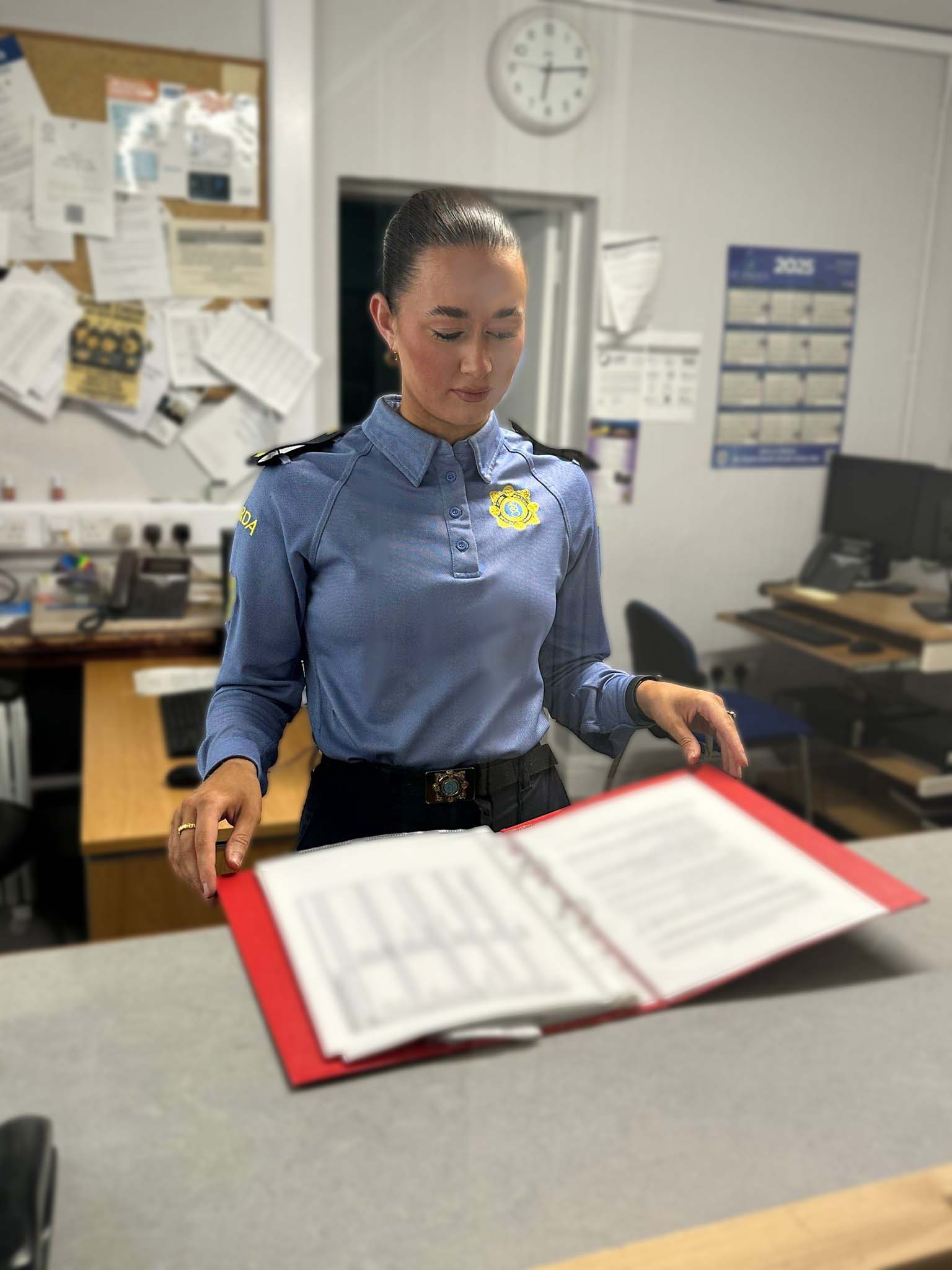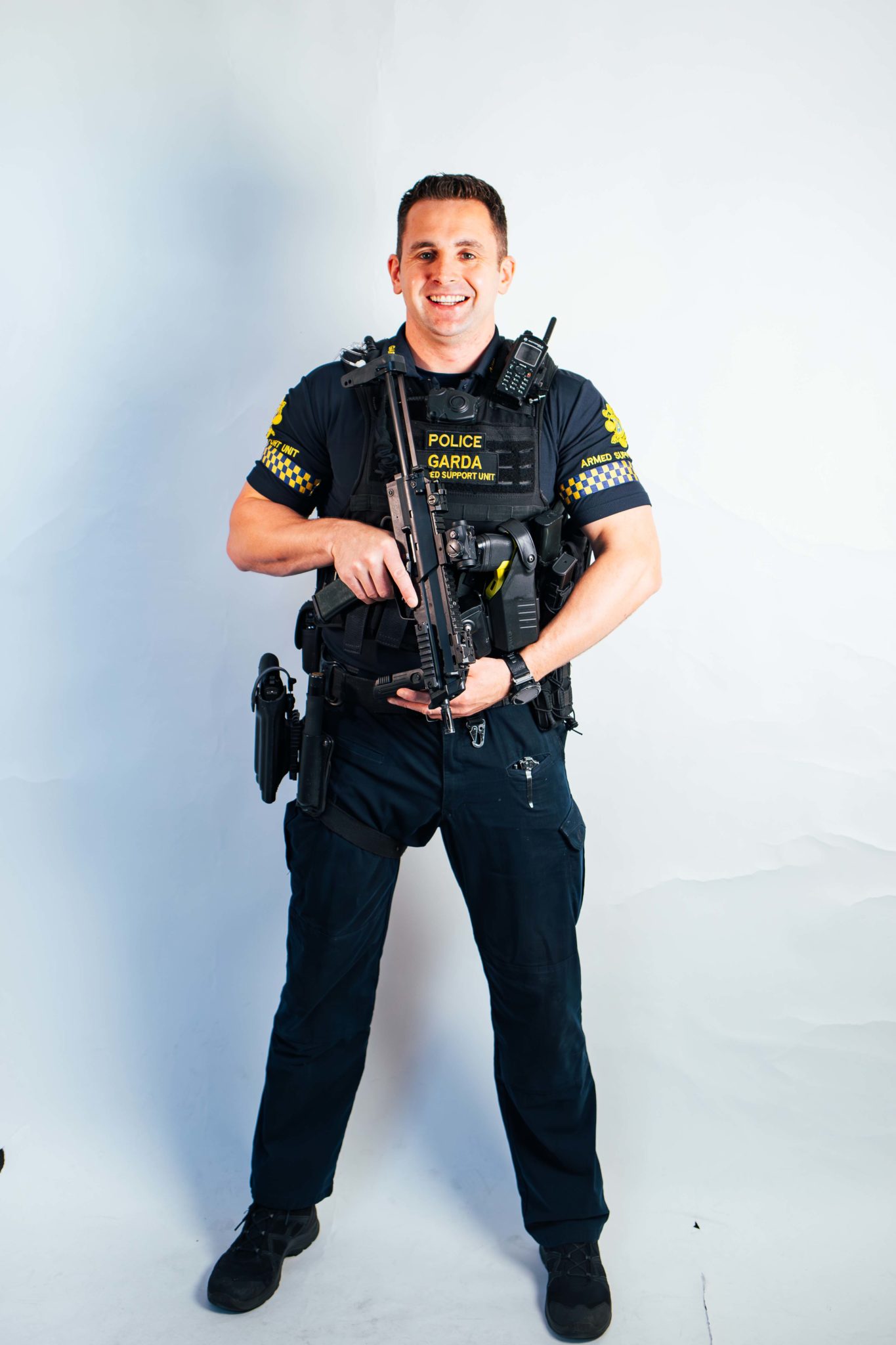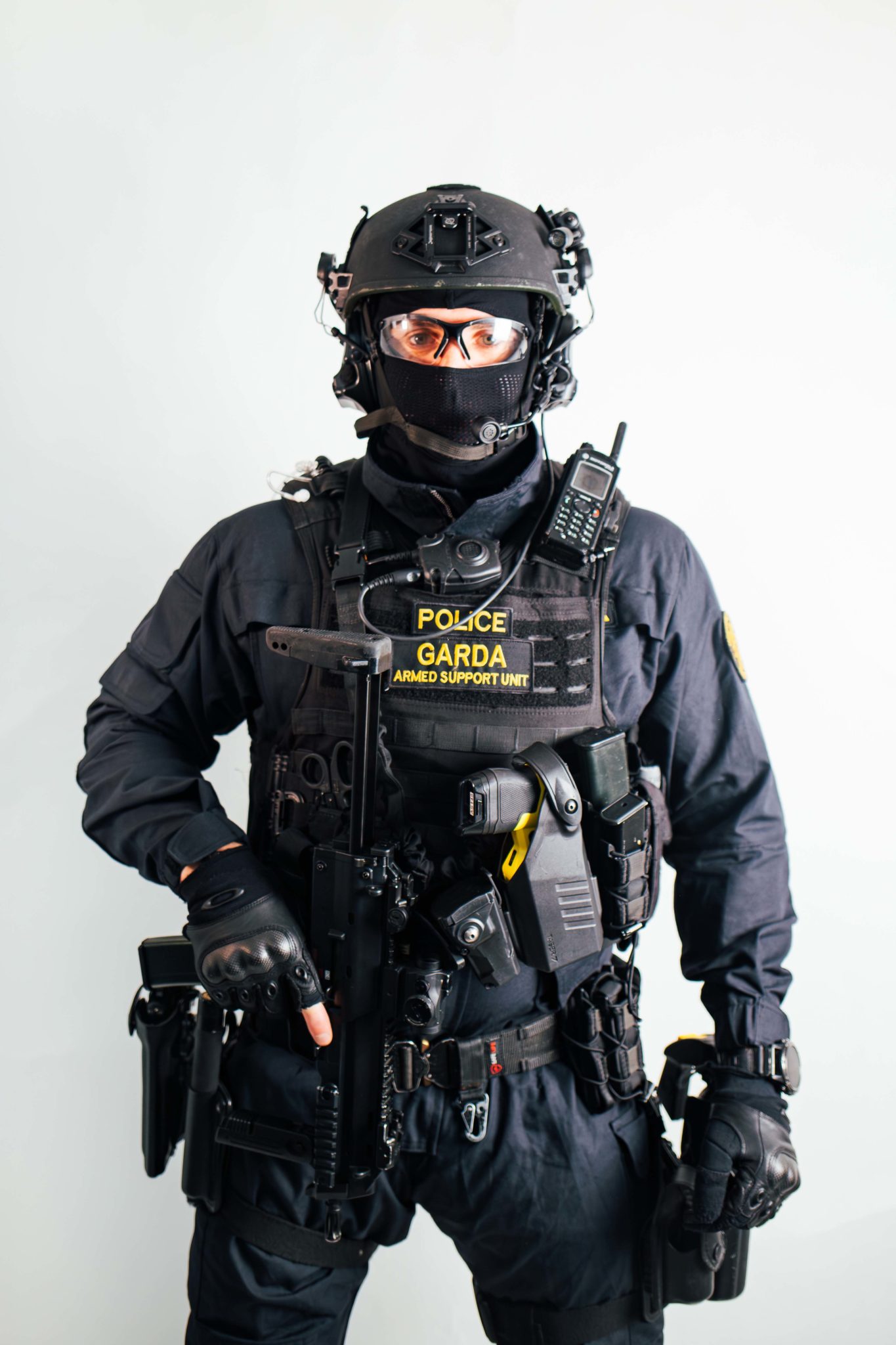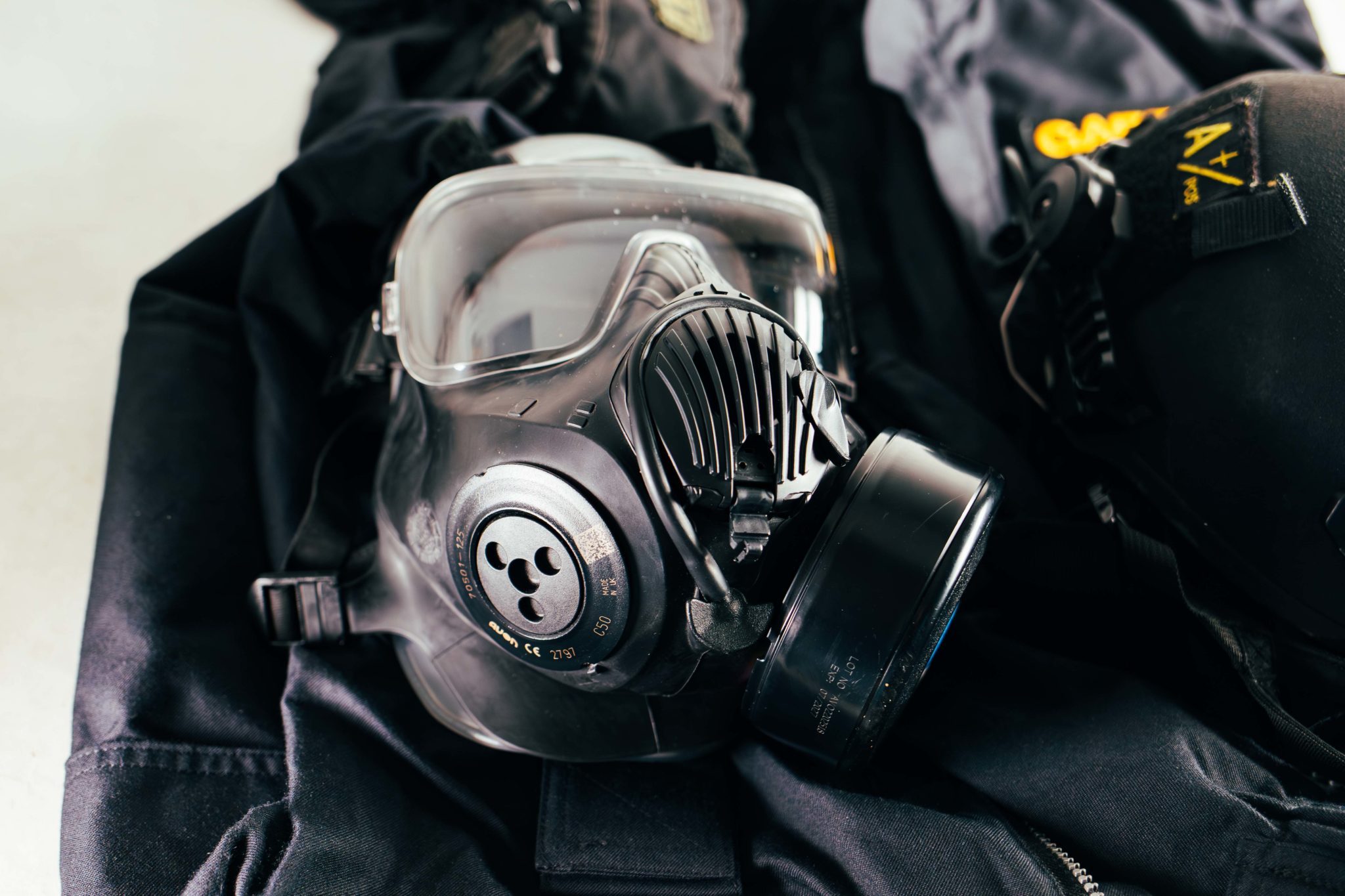- Lifestyle & Sports
- 10 Sep 25
An Garda Síochána - A Job Worth Doing: Build Your Career. Serve Your Community.

With evolving roles and lasting respect, An Garda Síochána remains one of the country’s most valued professions.
When it comes to choosing a career in Ireland, most people want more than a pay cheque. They’re looking for stability, purpose, and the chance to make a real impact. Few jobs deliver all three as powerfully as a role with An Garda Síochána. Since 1922, the Gardaí have stood at the heart of Irish life—protecting communities, maintaining justice, and keeping the peace.
Garda Aoibhe Sheehan always knew she wanted to be a Guard - “I don’t know where it came from,” she laughs, “I literally was a toddler, and I knew that I wanted to be a dentist by day and a Guard by night. I grew up in the countryside and never had any interactions with the Gardaí, it was a calling or something, but I’m glad I pursued it.”
After a year in UCC, Aoibhe successfully applied to join An Garda Síochána, a choice which she found immediately beneficial – “it wasn’t a burden on my parents, because I was getting paid at Templemore."

Garda Aoibhe Sheehan
The Garda College at Templemore in Co. Tipperary, is Ireland’s national police training centre and particularly with the rising costs associated with attending third level - being paid, while becoming qualified, sounds very appealing. Training is split between Templemore - where recruits live on-site - and time on placement in Garda stations close to the trainee’s homeplace. On the training process, Aoibhe says “ by the end of your training, you’ve definitely gained confidence, you’ve dealt with the public; you are ready to go” – and describes a workplace where - “everyone gets on great. There’s people from a wide range of backgrounds and ages.”
Aoibhe, who is now based in a Cork City station, points out that although every recruit begins with frontline policing, there are numerous specialist paths and opportunities for progression that include - the National Bureau of Criminal Investigation; the Drugs and Organised Crime Bureau and the Armed Support Unit (ASU), which Garda Michael Mullen, a 16-year veteran of An Garda Síochána, is attached to.

Garda Mike Mullen
Mike explains that Gardaí can apply to become a member of the Armed Support Unit once they have three years of operational experience from attestation date. However, the more operational experience you have in regular (or frontline) policing roles, the better served you’ll be as an operational ASU member - “because the optimal is to have operational experience in regular policing to develop communication skills, interpersonal ability skills and the ability to work in challenging environments, for example in public-order policing. Then when you join the ASU, you’re building upon that good foundation of being a police officer.”
The Armed Support Units are units of An Garda Síochána that are deployed to deal with high-risk situations and incidents, across all four Garda regions of the country. Mike details the rigorous and demanding application process - “you must be physically and mentally disciplined”, he says, “it attracts the type of person who’s looking for a challenge and who can accept constructive criticism.”

Mike explains that the ASU seeks people with excellent mental acuity – “the ability to think clearly, process information quickly and make effective decisions when under time pressure. In addition they should have self-awareness, humility, empathy, high integrity, and a mindset that aims to continuously self-improve.”
Mike recently completed a Master’s in Emergency Management at DCU and his thesis was based upon his ASU training experience, on how high-performance teams respond to critical incidents. “ASU”, he expands, “is a challenging but exciting and rewarding role that has a strong emphasis on teamwork, both within the unit and with our frontline colleagues and other emergency service agencies whom at the end of the day, we exist to support.”

The successful applicants embark on a challenging core series of courses that include firearms training and tactical training, where you are taught to work as a team to resolve critical incidents. Mike says, “tactics in the police is like chess. You’re trying to maximize your options and limit the other person’s - to minimise risk. We pride ourselves on the fact that we can most often resolve critical incidents without the need to deploy any use-of-force options, resorting to our command presence, communication skills and operational-policing experience. Our main goal is to resolve these situations peacefully, that is the ultimate success story for the ASU."
You can apply to join An Garda Síochána on publicjobs.ie
RELATED

- Lifestyle & Sports
- 05 Apr 23
Garda Commissioner Drew Harris withdraws trans policy due to lack of information

- Lifestyle & Sports
- 20 Sep 22
Members of cabinet to receive Garda drivers and state cars for the first time since 2011

- Lifestyle & Sports
- 17 Aug 22
Transport Union calls for transport police funding
RELATED

- Lifestyle & Sports
- 02 Jun 22
Foxrock woman Clodagh Murphy has been found safe

- Lifestyle & Sports
- 02 Mar 22
Government launches nightlife training initiative to safeguard vulnerable people

- Lifestyle & Sports
- 21 Dec 21
Insaka FC to hold tribute game for George Nkencho and Toyosi Shittabey

- Lifestyle & Sports
- 14 May 21
Dublin City Council to close Portobello Plaza this weekend due to "unacceptable scenes"

- Lifestyle & Sports
- 01 Oct 18


